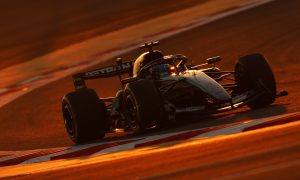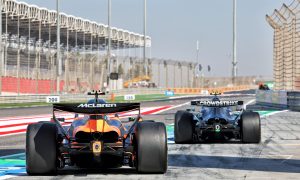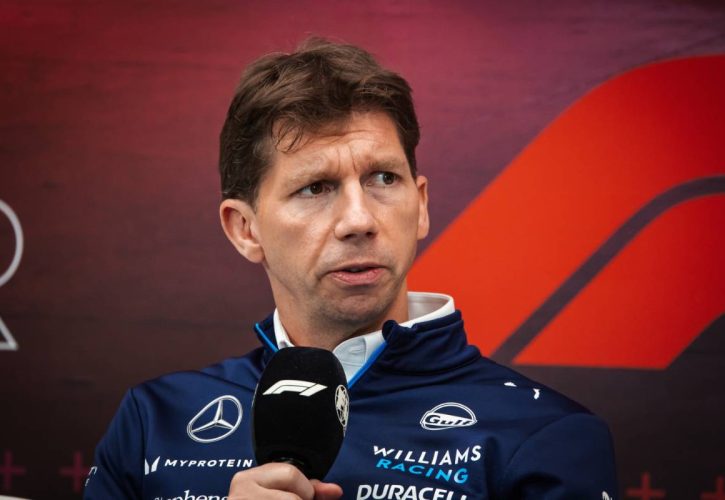
Williams team principal James Vowles has highlighted the critical need for Formula 1 to establish an appropriate anti-dilution fee for General Motors and Cadillac as they prepare to join the sport as its 11th team in 2026.
Vowles highlighted the financial impact on existing teams of GM-Cadillac's entry and the necessity of adequately compensating current entrants to ensure F1's continued growth and stability.
The anti-dilution fee, set out in F1's Concorde Agreement, currently stands at $200 million. This amount compensates teams for the potential dilution of prize money caused by adding another team to the grid.
However, this figure will expire at the end of 2025, and discussions are ongoing about increasing it significantly for the 2026 season, with earlier proposals suggesting a hike to $600 million to reflect F1's rapid growth since the current fee was established.
Vowles, who previously expressed concerns about the potential impact of Andretti Global's original proposed entry into the sport, has adopted a more welcoming stance towards GM-Cadillac's arrival.
However, he remains firm on the need for adequate compensation.
"To have a major OEM like GM joining us, I think it's just a sign of the growth, a sign of where Formula 1 is going," Vowles said.
"I don't think there's actually any defined amount of dilution fee. That's a part of the 2026 Concorde Agreement, which hasn't been ratified at this point.
"What I've said all the way through is it will have financial loss for existing teams. What we have to do now is grow the sport sufficiently and FOM need to be aware of that in order to make things good for everyone.
"It's down to them to put forward a correct proposal."
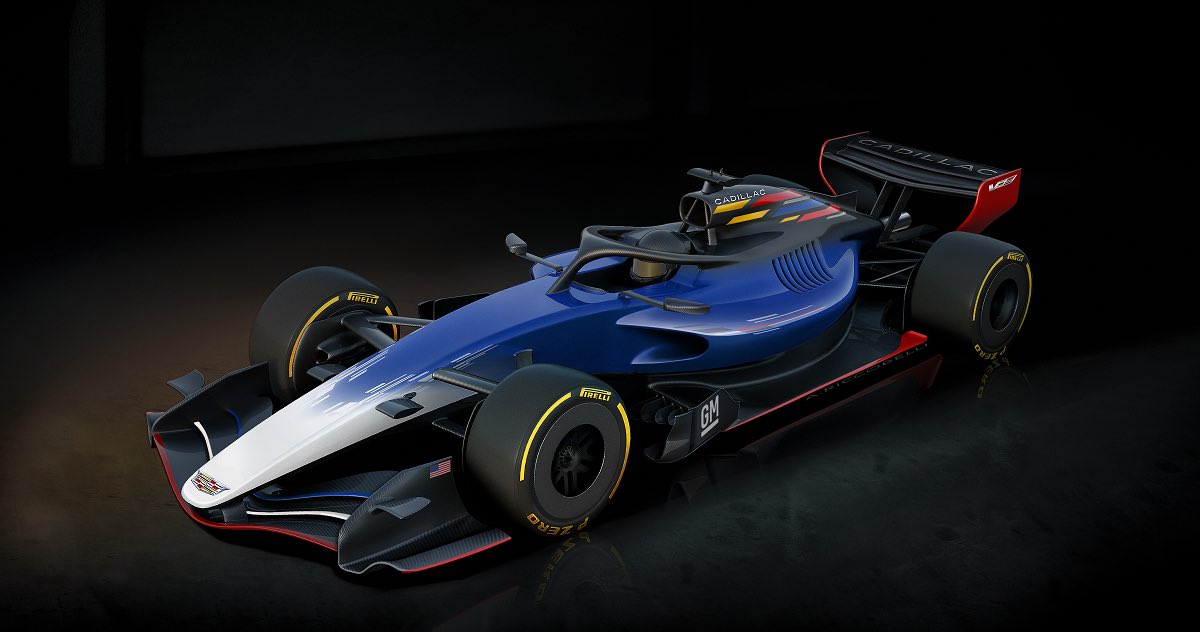
©GM/Cadillac
The sentiment was echoed by Visa Cash App RB team boss Laurent Mekies, who called Cadillac's entry a positive step for F1's evolution into a “battle of giants” among leading manufacturers.
“It's a fantastic sign for the sport,” said the Frenchman. “It's going to be pretty much all car manufacturers probably except for Williams and us – even Haas is also linked to a car manufacturer now.”
Mekies expressed optimism that financial discussions over anti-dilution fees would eventually take a backseat to the broader benefits GM-Cadillac brings to the grid.
“Details of the financials, they are still under discussions and hopefully they become small in the big picture of where the sport can go for its next level,” he added.
On concerns that GM-Cadillac might gain an unfair advantage due to not being subject to FIA governance until closer to its entry, Vowles downplayed the issue, pointing out that key aerodynamic regulations for 2026 remain unsettled.
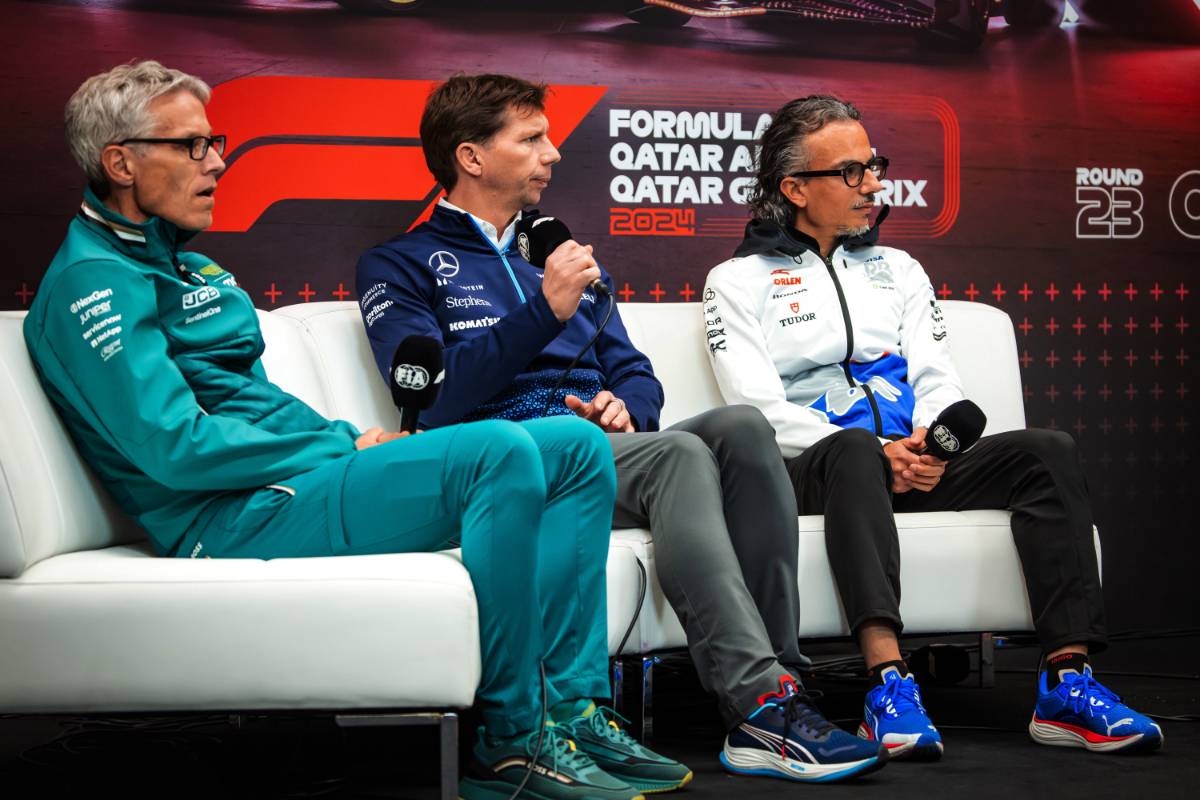
Aston Martin team boss Mike Krack further noted that any early gains would likely be offset by the immense challenges of building a new team and car from scratch.
“I think it's a monumental task, setting up a team for 2026 with also a complete different set of regulations,” Krack said.
“There is also no governance around the time before 'minus 12 [months]', so to say. Whatever anyone does before that is up to them, as nobody has any means to regulate that.
“But then I think, uh, since January 1, it's only 12 months to set all this up and make a car. I think that is a big task. So even if there was a small head-start, I think it will balance out very quickly.”
As GM-Cadillac's arrival looms, Vowles and others have made clear that while welcoming new entrants is vital for F1's evolution, the financial framework must safeguard the interests of existing teams while supporting the sport's ambitious growth trajectory.
Keep up to date with all the F1 news via Facebook and




